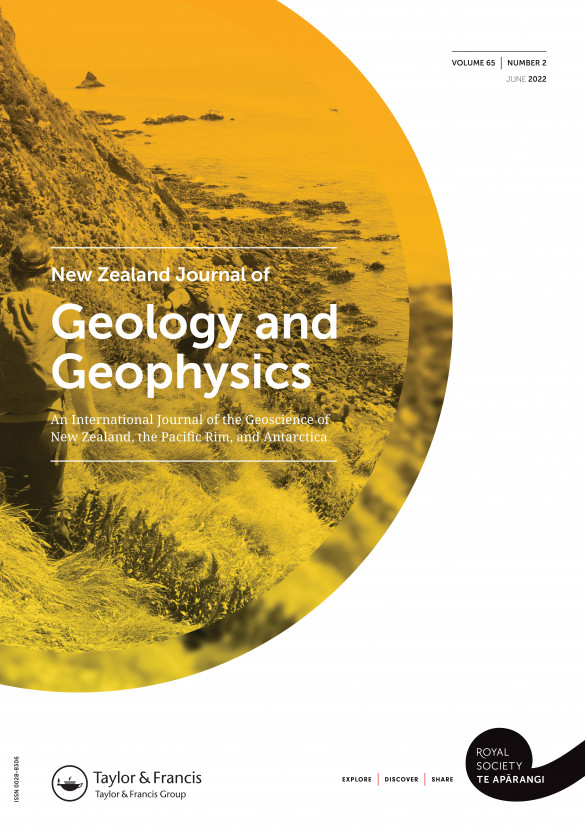News
Published 17 October 2023New Zealand Journal of Geology and Geophysics calls for Early-Career Editorial Board (ECEB) members
The New Zealand Journal of Geology and Geophysics (NZJGG) is excited to announce the establishment of an Early-Career Editorial Board (ECEB) and the commencement of the recruitment process for its inaugural cohort of members for the 2024 Board.
Our aim is to provide valuable editorial experience for outstanding young researchers from Aotearoa New Zealand, giving them the opportunity to play a crucial role in shaping their field.
The Early-Career Editorial Board will be an integral and active part of the journal's editorial team. We aspire for this Board to reflect the diversity of the geoscience community and provide valuable input into the journal’s development from the perspective of early-career researchers (ECRs).
By doing so, we aim to contribute to the sustainable development of NZJGG and create a sense of affinity among ECRs right from the beginning of their research careers.
Our current Impact Factor is 2.2, ranking us Q1 in Geology (Clarivate Analytics, 2023).
Expertise required:
Candidates are expected to bring to the journal expertise in any aspect of Earth science research.
The responsibilities for Early-Career Editorial Board members include:
- Serving a term of 2 years.
- Contributing at least one paper for publication in NZJGG during each term of your service (subject to external peer review, similar to any other submission).
- Conducting at least 1 review, or as many as necessary, for submissions to the journal annually.
- Handling a small number of manuscripts as an editor under the mentorship of an experienced editor.
- Assisting with special issues under the guidance and discretion of the editors or even lead special issues with other researchers.
- Serving as an ambassador to promote NZJGG through academic networks, social media, conferences, and other channels.
- Attending editorial board meetings and participate in activities organised by the journal.
- Completing additional editorial tasks or special projects as requested by the Senior Editor
To be considered for the position, you will have:
- A reasonable track record of peer-reviewed publications (considered in relation to your career stage).
- Active current involvement in research fields relevant to the journal's scope.
- Completed your doctoral degree within the past 5 years.
- Familiarity with academic paper writing and publishing. Experience in peer review is preferred.
Term and Remuneration:
ECEB members will serve a two-year term with the possibility of renewal for a second term.
A select number of exceptional members from the Early-Career Editorial Board will be promoted to the main Editorial Board as an Editor after completing one or two terms.
ECEB members will receive an honorarium of NZ$150 if they are assigned manuscripts to handle, payable to either the member or their institution, by arrangement.
How to apply:
Applicants should submit a CV and a one-page cover letter describing why you are interested in the role and how your skills, knowledge, and background would contribute to the journal.
Please send your application by email to Publish@royalsociety.org.nz.
The editorial team is committed to advancing gender equality and promoting diversity.
Closing date:
Applications will be considered on a rolling basis until 1st December; therefore early applications are encouraged.
We regret that only shortlisted candidates will be notified.
Looking forward to your application!
About NZJGG
The New Zealand Journal of Geology and Geophysics (NZJGG) is an international journal publishing original scientific papers on all aspects of geoscience. We welcome high-quality submissions from around the world that will make an impact on Earth science research relevant to the Pacific Rim, Southern Ocean and Antarctica. We strongly support early-career researchers. The journal publishes original research papers, review articles and short communications, and regularly assembles topical Special Issues.

